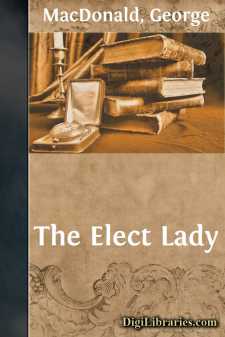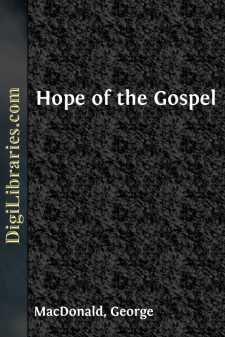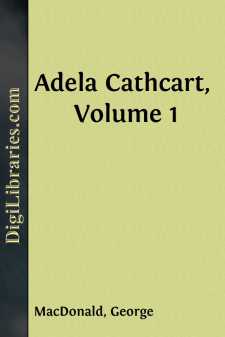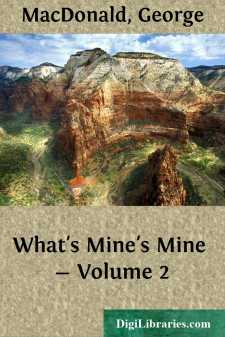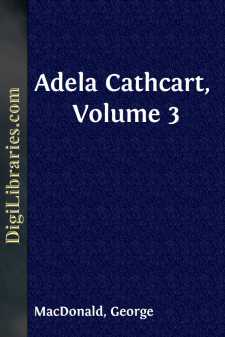Categories
- Antiques & Collectibles 13
- Architecture 36
- Art 48
- Bibles 22
- Biography & Autobiography 813
- Body, Mind & Spirit 142
- Business & Economics 28
- Children's Books 14
- Children's Fiction 11
- Computers 4
- Cooking 94
- Crafts & Hobbies 4
- Drama 346
- Education 46
- Family & Relationships 57
- Fiction 11829
- Games 19
- Gardening 17
- Health & Fitness 34
- History 1377
- House & Home 1
- Humor 147
- Juvenile Fiction 1873
- Juvenile Nonfiction 202
- Language Arts & Disciplines 88
- Law 16
- Literary Collections 686
- Literary Criticism 179
- Mathematics 13
- Medical 41
- Music 40
- Nature 179
- Non-Classifiable 1768
- Performing Arts 7
- Periodicals 1453
- Philosophy 64
- Photography 2
- Poetry 896
- Political Science 203
- Psychology 42
- Reference 154
- Religion 513
- Science 126
- Self-Help 84
- Social Science 81
- Sports & Recreation 34
- Study Aids 3
- Technology & Engineering 59
- Transportation 23
- Travel 463
- True Crime 29
What's Mine's Mine - Complete
by: George MacDonald
Description:
Excerpt
CHAPTER I.
HOW COME THEY THERE?
The room was handsomely furnished, but such as I would quarrel with none for calling common, for it certainly was uninteresting. Not a thing in it had to do with genuine individual choice, but merely with the fashion and custom of the class to which its occupiers belonged. It was a dining-room, of good size, appointed with all the things a dining-room "ought" to have, mostly new, and entirely expensive—mirrored sideboard in oak; heavy chairs, just the dozen, in fawn-coloured morocco seats and backs—the dining-room, in short, of a London-house inhabited by rich middle-class people. A big fire blazed in the low round-backed grate, whose flashes were reflected in the steel fender and the ugly fire-irons that were never used. A snowy cloth of linen, finer than ordinary, for there was pride in the housekeeping, covered the large dining-table, and a company, evidently a family, was eating its breakfast. But how come these people THERE?
For, supposing my reader one of the company, let him rise from the well-appointed table—its silver, bright as the complex motions of butler's elbows can make it; its china, ornate though not elegant; its ham, huge, and neither too fat nor too lean; its game-pie, with nothing to be desired in composition, or in flavour natural or artificial;—let him rise from these and go to the left of the two windows, for there are two opposite each other, the room having been enlarged by being built out: if he be such a one as I would have for a reader, might I choose—a reader whose heart, not merely his eye, mirrors what he sees—one who not merely beholds the outward shows of things, but catches a glimpse of the soul that looks out of them, whose garment and revelation they are;—if he be such, I say, he will stand, for more than a moment, speechless with something akin to that which made the morning stars sing together.
He finds himself gazing far over western seas, while yet the sun is in the east. They lie clear and cold, pale and cold, broken with islands scattering thinner to the horizon, which is jagged here and there with yet another. The ocean looks a wild, yet peaceful mingling of lake and land. Some of the islands are green from shore to shore, of low yet broken surface; others are mere rocks, with a bold front to the sea, one or two of them strange both in form and character. Over the pale blue sea hangs the pale blue sky, flecked with a few cold white clouds that look as if they disowned the earth they had got so high—though none the less her children, and doomed to descend again to her bosom. A keen little wind is out, crisping the surface of the sea in patches—a pretty large crisping to be seen from that height, for the window looks over hill above hill to the sea. Life, quiet yet eager, is all about; the solitude itself is alive, content to be a solitude because it is alive. Its life needs nothing from beyond—is independent even of the few sails of fishing boats that here and there with their red brown break the blue of the water....




